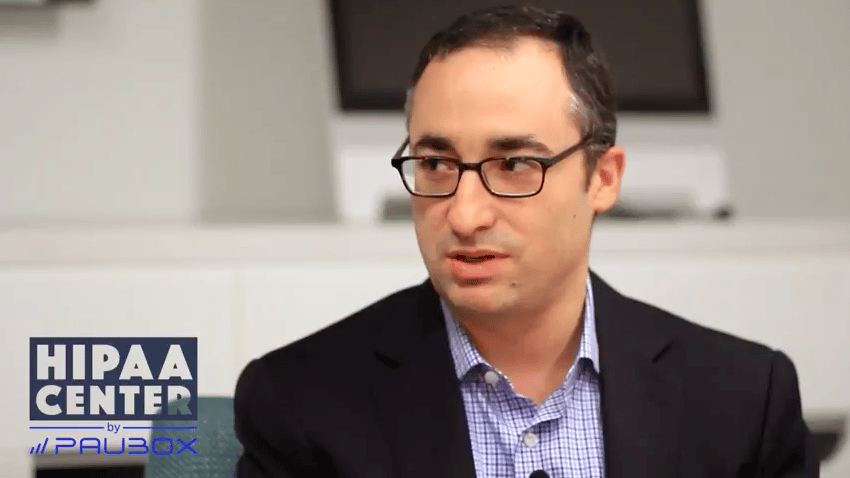2 min read
Columbus City attorney intervenes in Federal HIPAA lawsuits
Tshedimoso Makhene
January 25, 2025

The Columbus City Attorney’s Office is stepping into the legal spotlight, seeking to intervene in two federal lawsuits in Texas that challenge key provisions of the Health Insurance Portability and Accountability Act (HIPAA). At the heart of these cases are privacy laws safeguarding patient healthcare information, particularly in light of recent developments tied to reproductive healthcare and evolving political landscapes. This move by the Columbus City Attorney stresses the importance of protecting sensitive patient information amidst heightened legal and political battles.
What happened
The Columbus City Attorney’s Office is seeking to intervene in two Texas federal lawsuits challenging HIPAA privacy provisions. These provisions, established in 2000 and expanded in 2024, protect patient healthcare information, particularly for reproductive health. Texas Attorney General Ken Paxton argues the updated rules unlawfully limit state access to medical records, especially under the state’s strict abortion laws. Columbus City Attorney Zach Klein stated the need to preserve patient confidentiality to protect public health and maintain trust in healthcare systems.
Go deeper: Columbus, OH joins fight for patient privacy in Texas HIPAA lawsuits
Implications on healthcare regulations
At the core of these legal battles are two critical questions: how far HIPAA protections should extend and whether federal laws limit state powers in accessing patient information. The 2000 HIPAA law set a strong foundation for healthcare privacy by shielding patient information from public disclosure. In 2024, the Biden administration reinforced these protections with a rule aimed at preserving privacy for reproductive healthcare patients in states with restrictive abortion laws.
However, Texas argues that the updated HIPAA rule unlawfully limits state investigative powers and challenges its enforcement under the Administrative Procedure Act. With Texas and other states enforcing bounty-style abortion laws, which incentivize citizens to sue individuals assisting with abortions, access to medical records has become a contentious issue.
Should HIPAA protections be weakened, sensitive healthcare data could become accessible for legal actions, compromising patient trust in medical providers. Such outcomes could discourage individuals from seeking essential care, particularly in areas like reproductive health, contraception, and sexual health services.
Read also: Reproductive health: Rules, rights and compliance
What to look out for
- Nationwide impact: If Texas succeeds in challenging HIPAA protections, other states may follow suit, weakening patient privacy laws across the U.S.
- Legal precedent: The outcome could set a significant legal precedent, redefining the balance between state investigative powers and federal healthcare privacy protections.
- Public health risks: Weakened confidentiality could discourage patients from seeking critical healthcare services, such as immunizations, HIV treatment, or reproductive care.
- Patient trust: Undermining HIPAA protections risks eroding trust between patients and healthcare providers, potentially leading to poorer health outcomes.
- Healthcare access: Cities like Columbus, which provide essential medical services to thousands of patients annually, may face challenges in delivering care if confidentiality protections are eroded.
See also: HIPAA Compliant Email: The Definitive Guide
FAQs
Why are HIPAA privacy protections important?
HIPAA ensures that personal health information remains confidential, fostering trust between patients and healthcare providers while encouraging individuals to seek necessary medical care without fear of unauthorized disclosure.
Why is patient confidentiality critical in reproductive healthcare?
Patient confidentiality protects individuals' privacy in sensitive matters such as contraception, abortion, and sexual health. It reduces fear of stigma or judgment, shields patients from potential legal repercussions in areas with restrictive laws, and fosters trust in the healthcare system. By ensuring privacy, patients are more likely to seek timely care, enabling better health outcomes and supporting overall public health efforts.
Subscribe to Paubox Weekly
Every Friday we'll bring you the most important news from Paubox. Our aim is to make you smarter, faster.




